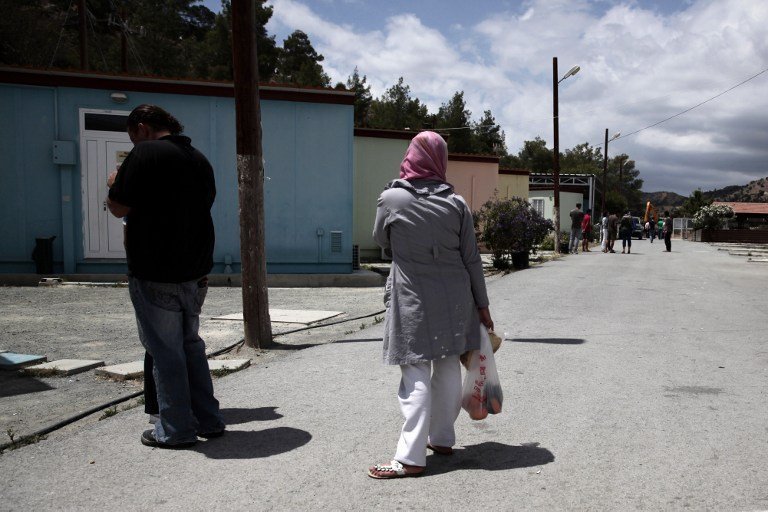Tarjimly is a mobile application developed by MIT students that allows multilingual speakers to translate for the 23 million refugees worldwide via Facebook messenger.
The app instantly connects translators around the world to refugees, nonprofit organizations and immigrants in need of communication support.
“Communication is one of the biggest problems refugees face whether they’re stuck in limbo in camps, navigating a route to safety, or resettling into a new home,” cofounder Atif Javed told Forbes. “They struggle to communicate everyday things, but sometimes they need help in life-or-death scenarios. It’s unacceptable for people to suffer, or even die, because of communication. Existing translation tools are robotic, inaccurate, and not nuanced enough in so many of these circumstances.”
Tarjimly’s bot technology uses sophisticated routing algorithms using implicit and explicit feedback – a level of sophistication that Javed states would cost traditional organizations millions of dollars to create.
Providing translation services through volunteers alone, Tarjimly has already recruited more than 2,200 volunteers who have signed up, following a test to assess fluency, to provide support to refugees, medical staff, aid workers, and legal aids in the midst of both day-to-day and crisis situations.
“Tarjimly helps refugees, humanitarian workers, and average people, like you and I, who want to do more than just post on Facebook or donate money. It allows us to tangibly connect and help people translate text, images, documents, and audio notes via Messenger, an app that refugees are already using,” says Javed.
According to Javed, “Our mission is to put a translator in the pocket of every person in need by building the future of person-to-person translation. Our vision is a world where refugees are no longer statistics in our minds, but real people that we talk to and help every single day.”
How it works:
Using the chat interface, an aid provider or refugee indicates their own language and the language of the person with whom they need to speak.
Tarjimly scours its database of volunteers and, using a bit of machine learning (naturally), it finds the users most likely to respond quickly. When it finds one, it connects the two through the chat interface; to make things easy and anonymous, the messages are relayed through Tarjimly’s servers, which both obscure the users’ IDs and allow cross-platform chats.
Once connected, the user can enter text or send voice messages; the volunteer just translates them and sends them back for the user to share with their interlocutor how they please. Audio and video chat can be requested, and documents and images can also be sent to the translators in case a quick consultation is necessary before signing something or waiting in a line.
The idea isn’t to guide people through major processes like immigration — dedicated interpreters are still needed for long interviews, technical language and so on — but to handle time-sensitive matters like distribution of food and water or explaining an event or injury.
Right now the service finds a match in an average of 90 seconds, and these acts of “micro-volunteering” usually only last a few minutes. Sixteen languages are currently supported (plus dialect variations), with a focus on those spoken by major refugee populations: English, Arabic, Persian, Pashto, Urdu, Spanish, French, Greek, Italian, Bengali, Turkish, Somali, German, Portuguese, Kurdish and Burmese.
Download the app for iOS and Android here.






